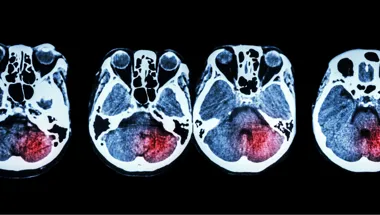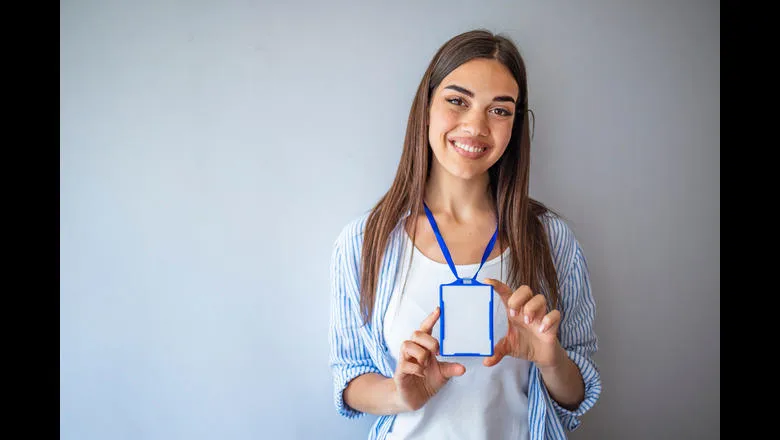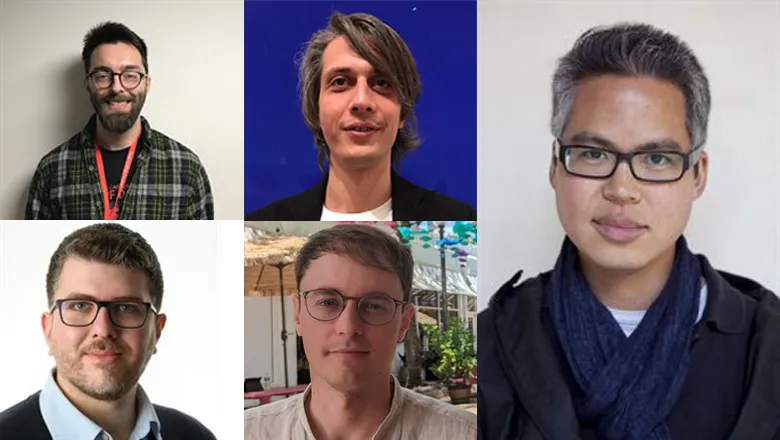
Dr Timothy Neate
Senior Lecturer in Computer Science
Research interests
- Computer science
Biography
Timothy Neate is a Senior Lecturer in Computer Science in the Department of Informatics at King’s College London. He is a researcher in human–computer interaction and accessibility. Timothy works with people with communication disabilities to develop interaction techniques that make existing technologies more accessible and support richer interpersonal communication. He is a UKRI Future Leaders Fellow and the recipient of an EPSRC New Investigator Award.
Research interests
- Human computer interaction
- Accessibility
- Communication accessibility
- Co-design
- Digital content
- Health
More information
Research

Health Hub
The Health Hub centres on computational characterisation of medically relevant study cases and data.

Stroke Research Group
We are a multidisciplinary group (epidemiologists, stroke physicians, GPs, social scientists, statisticians, health informaticians and health economists) focused on stroke and with a wider interest in vascular long-term conditions and analytics.

Improving the lives of stroke survivors with data
We aim to improve the lives of stroke survivors through a programme of stakeholder engagement, data collection, analysis and modelling, and use in practice.
Project status: Ongoing

Centre for Technology and the Body
Stories of embodied technology: from the plough to the touchscreen

Human Centred Computing Research
The group is concerned with the design, development and evaluation of human computer systems.

Equitable and Inclusive Patient and Public Involvement in Stroke Research (EquIPS)
EquIPS will coproduce tools for researchers that will support the participation of all stroke survivors, including those with severe stroke related impairments.
Project status: Ongoing
News
King's researchers receive coveted Future Leaders Fellowship
UK Research and Innovation (UKRI) has today announced the latest recipients of its prestigious Future Leaders Fellowship, including three researchers from...

Scientists use ChatGPT to make nation's favourite podcasts more accessible
The work breaks new ground on audio media accessibility for people with complex communication needs.

Specialised badges help people with invisible disabilities speak up
New customisable digital badges will help people with invisible disabilities sidestep social stigma in public.

Five King's scientists win prestigious New Investigator Awards
The academics awarded over £2 million from the Engineering and Physical Sciences Research Council (EPSRC).

Events

Cockney CHAI 2025
Cockney CHAI is a pre-CHI gathering for London-based HCI researchers and practitioners.
Please note: this event has passed.

Creativity as Communication: Co-Designing Technology with and for People with Aphasia
Seminar with Dr Timothy Neate
Please note: this event has passed.
Research

Health Hub
The Health Hub centres on computational characterisation of medically relevant study cases and data.

Stroke Research Group
We are a multidisciplinary group (epidemiologists, stroke physicians, GPs, social scientists, statisticians, health informaticians and health economists) focused on stroke and with a wider interest in vascular long-term conditions and analytics.

Improving the lives of stroke survivors with data
We aim to improve the lives of stroke survivors through a programme of stakeholder engagement, data collection, analysis and modelling, and use in practice.
Project status: Ongoing

Centre for Technology and the Body
Stories of embodied technology: from the plough to the touchscreen

Human Centred Computing Research
The group is concerned with the design, development and evaluation of human computer systems.

Equitable and Inclusive Patient and Public Involvement in Stroke Research (EquIPS)
EquIPS will coproduce tools for researchers that will support the participation of all stroke survivors, including those with severe stroke related impairments.
Project status: Ongoing
News
King's researchers receive coveted Future Leaders Fellowship
UK Research and Innovation (UKRI) has today announced the latest recipients of its prestigious Future Leaders Fellowship, including three researchers from...

Scientists use ChatGPT to make nation's favourite podcasts more accessible
The work breaks new ground on audio media accessibility for people with complex communication needs.

Specialised badges help people with invisible disabilities speak up
New customisable digital badges will help people with invisible disabilities sidestep social stigma in public.

Five King's scientists win prestigious New Investigator Awards
The academics awarded over £2 million from the Engineering and Physical Sciences Research Council (EPSRC).

Events

Cockney CHAI 2025
Cockney CHAI is a pre-CHI gathering for London-based HCI researchers and practitioners.
Please note: this event has passed.

Creativity as Communication: Co-Designing Technology with and for People with Aphasia
Seminar with Dr Timothy Neate
Please note: this event has passed.
